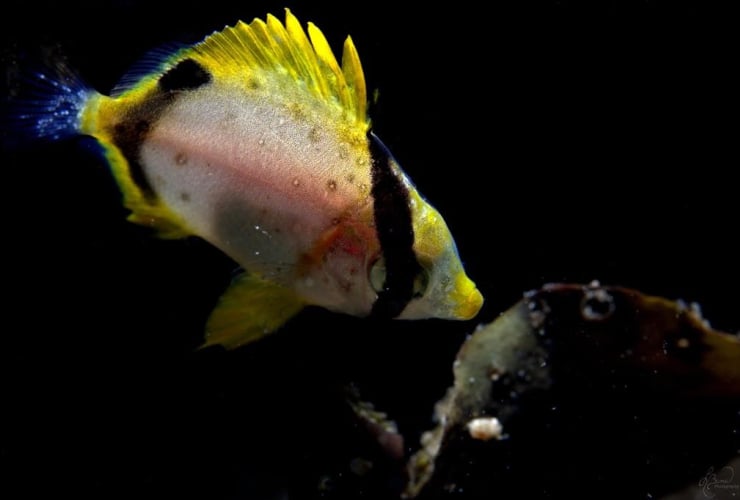For a couple of months a year, Andrew Arbuckle fishes for lobster in the Northumberland Strait, an area in Atlantic Canada with shallow, warm water he describes as “pristine.”
What’s not pristine are the fumes that his diesel-powered fishing boat spews. Which “most fishers would agree with,” explained Arbuckle, who lives in Nova Scotia.
“That's how we make our living and so seeing diesel fumes, emissions go into the air every day, is a bit demoralizing,” he said.
The potential for electric fishing boats holds huge appeal for Arbuckle who, when he’s not fishing, works as a renewable energy engineer. A new report by Oceans North, a marine-focused charity, digs into that possible future and says there is a strong case for an electrification push in the lobster fishing industry.

The report used data from the Department of Fisheries and Oceans to study the travel radius of lobster fishers. It found that about 70 per cent of Nova Scotia’s lobster boat fleet operates within 20 kilometres of shore, which makes existing battery-electric propulsion systems feasible. As it stands, the industry as a whole creates about 82 million kilograms of CO2 per year, which is the equivalent of roughly 16,000 – 33,500 cars being driven for a year, according to the report.
A switch to electric for the viable boats could reduce the fleet’s emissions by 60 per cent or more, explained Brent Dancey, director of marine climate action for Oceans North. At the same time, he notes the lobster fishery isn’t producing anywhere near the lion's share of greenhouse gas emissions in the province: the province’s power sector emitted 6.3 megatonnes of CO2e in 2020, which makes up around 11 per cent of emissions from power generation from Canada as a whole.
Although there are some diesel-electric hybrid lobster boats in use in Prince Edward Island, there are no completely electric fleets in Canada.
The potential for electrification offers a range of benefits: lower costs for fishers who wouldn’t have to rely on expensive fossil fuels, an opportunity for the province to be ahead of the curve in adopting and innovating the technology and reducing potential health impacts from diesel.
For electrification to be viable, there needs to be government support, explained Dancey, since the technology is still new, making it more expensive. Arbuckle agrees, comparing it to “buying a Tesla Roadster in 2008” before there were more affordable options on the market.
“There's a role for governments in this transition to basically de-risk first movers. The first 10 boats are going to be more expensive than the next 10 boats and they're gonna get cheaper, all the way to the point where they're competitive,” explained Dancey.
While electric fishing boats can’t yet compete on price, there still is appetite in the province to make the switch. Membertou First Nation, located on Unama'ki (also known as Cape Breton Island), has partnered with Oceans North to convert its diesel-powered lobster fleet to electric.
The process to electrify boats will vary, explained Dancey: newer models have the potential to be retrofitted, while some older boats might have to be retired. It’s also about making boats more efficient, so they require less energy.
Ultimately, electrifying the province’s lobster fleet could mean a combination of health and economic benefits for fishers and also broader economic potential for Nova Scotia to lead in innovation, said Dancey.
The Nova Scotia Boatbuilders Association agrees. According to Jan Fullerton, the association’s executive director, “gaining clarity around the market-readiness of leading net-zero solutions, the comparative costs, and the opportunities for the boatbuilding industry is essential to move forward” on the building end.
Updates and corrections
| Corrections policyThis article has been updated to include accurate emissions data for the lobster fleet.
Boats go through a lot of
Boats go through a lot of fuel. If the up front price for electric wasn't too bad, a fisher could save a fair amount of dough on diesel.






Comments